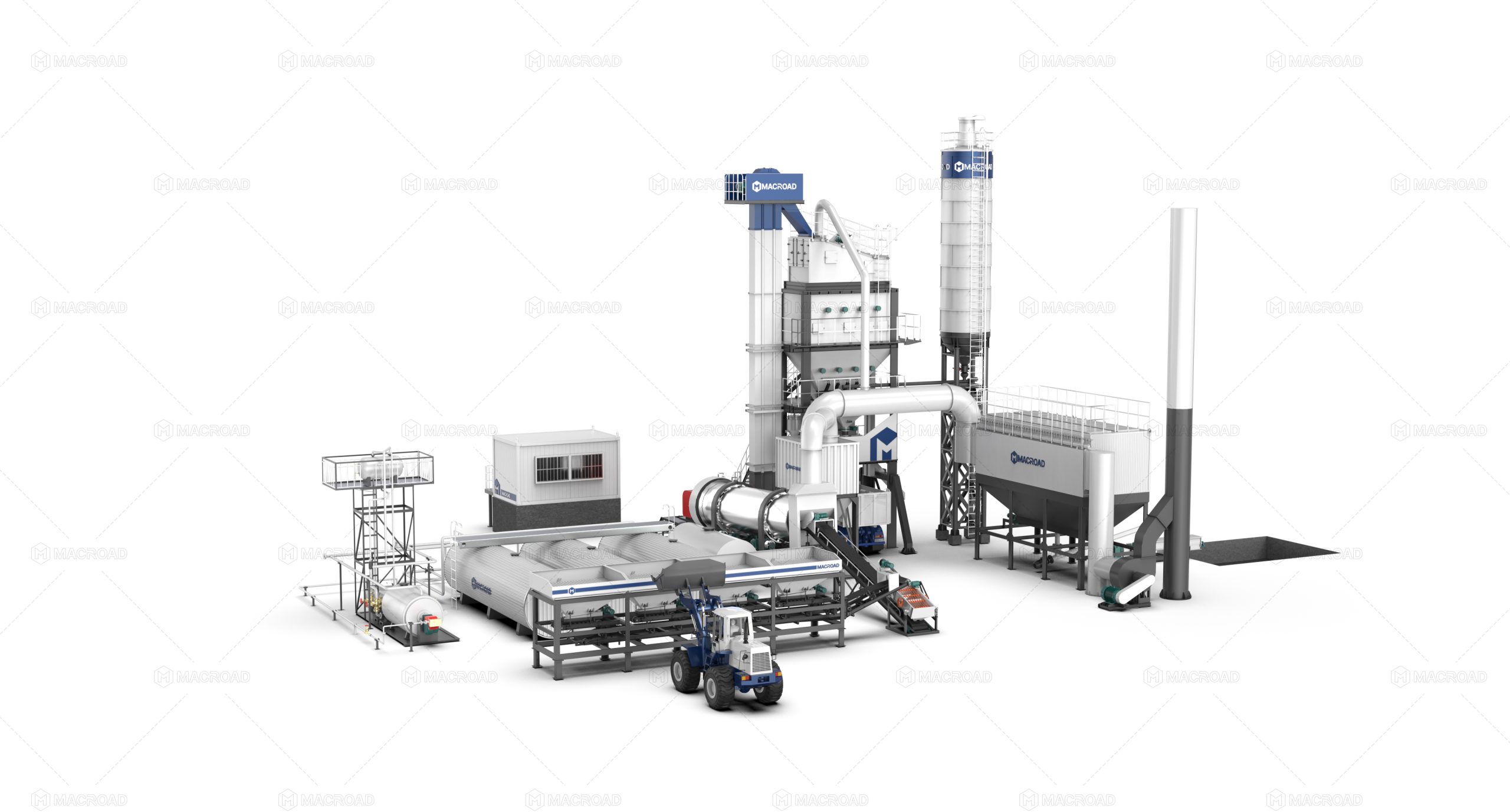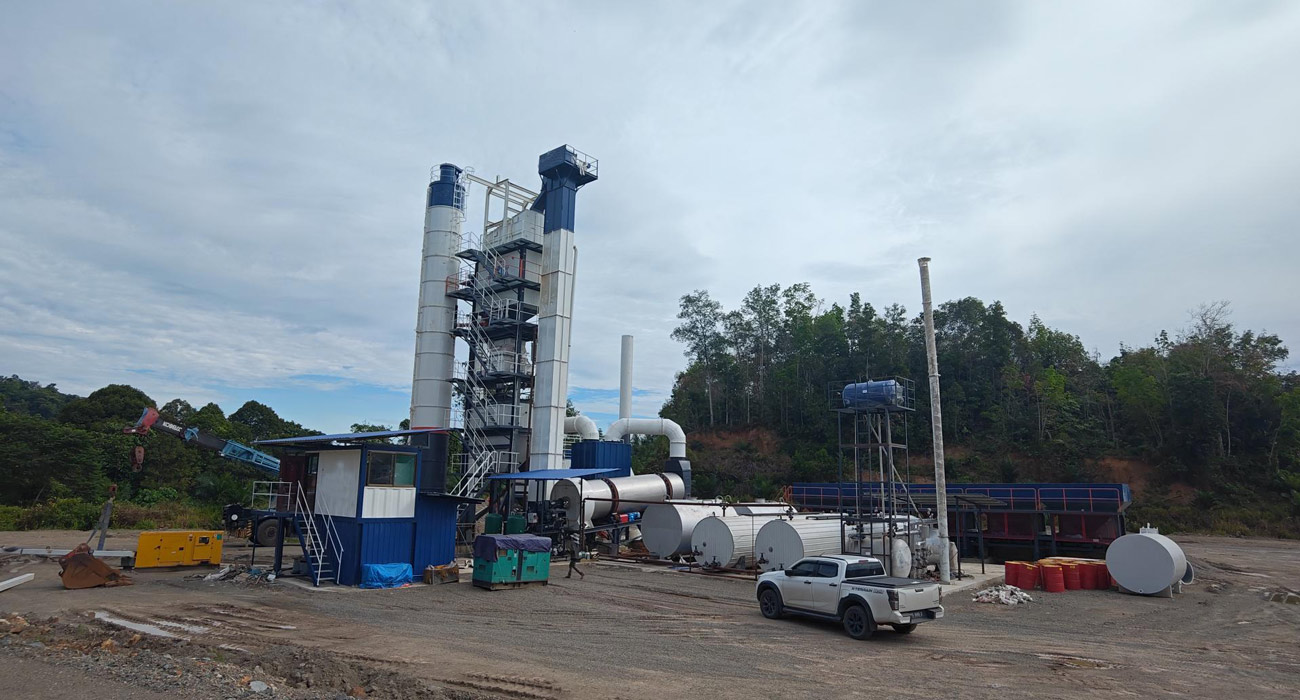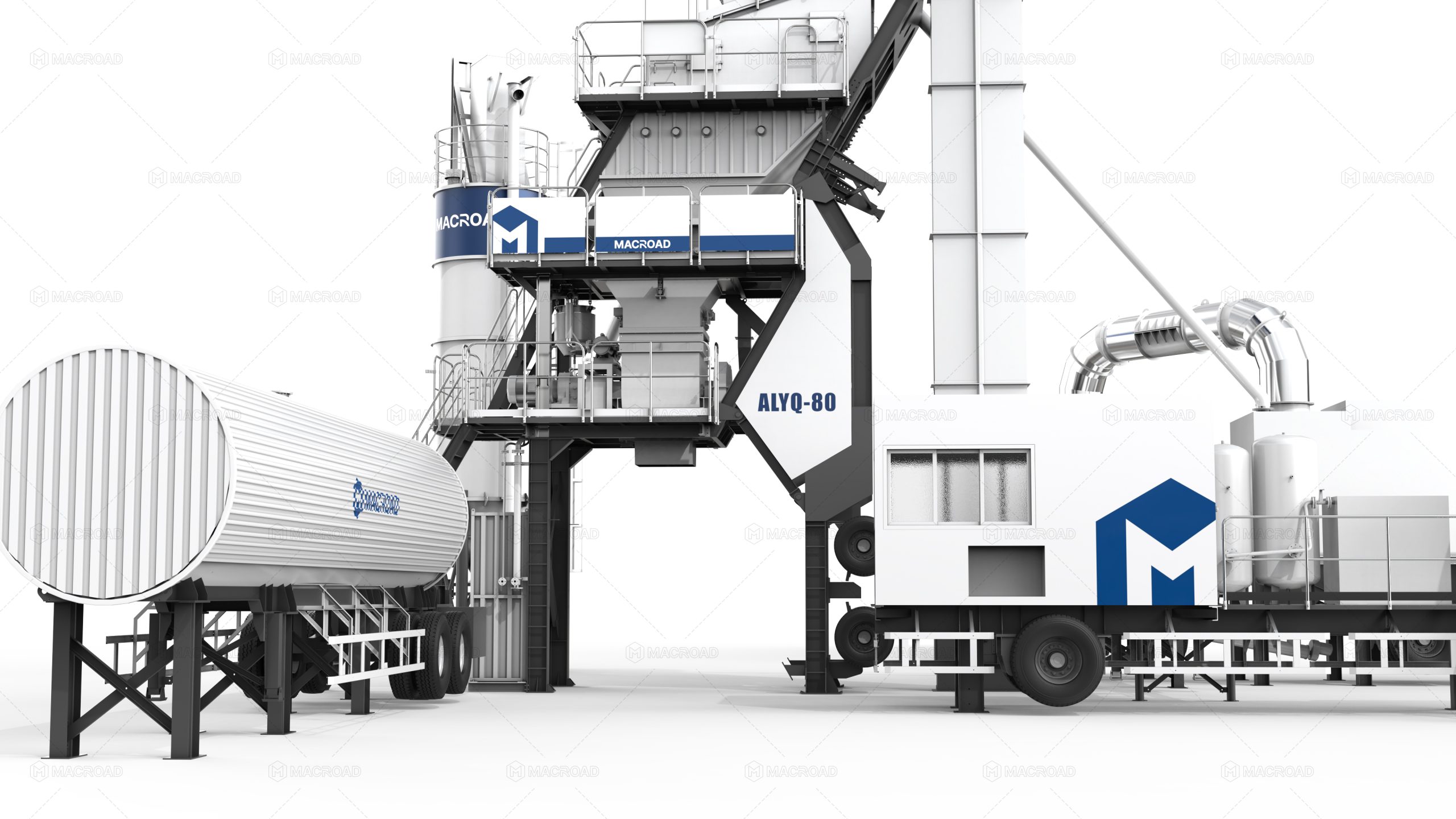Asphalt mixing plants serve a critical role in both urban and remote construction projects, yet their operational requirements differ considerably based on their location. Factors like noise control, dust treatment, and relocation flexibility are paramount in ensuring compliance with regulations and maintaining community relationships. This article explores these special requirements, focusing on the unique challenges faced by asphalt mixing plants in urban versus remote settings from a user-centric perspective.

Noise Control in Urban Environments
In urban construction, noise pollution poses a significant challenge due to the proximity of residential areas, schools, and businesses. Asphalt mixing plants must implement stringent noise control measures to minimize disturbances and comply with local regulations. Urban communities often have strict noise ordinances, requiring operators to take proactive steps to mitigate sound levels.
To address these issues, operators can incorporate sound barriers and acoustic enclosures around noisy equipment, such as mixers and conveyors. Additionally, investing in quieter machinery and technologies, such as low-noise burners or vibration-damping systems, can significantly reduce overall noise output. Scheduling high-noise operations during off-peak hours is another effective strategy to lessen the impact on nearby residents.
By prioritizing noise control, asphalt batching plant stationary in urban areas not only adhere to legal requirements but also foster positive relationships with the community. Demonstrating a commitment to minimizing noise pollution enhances the plant’s reputation, reducing the likelihood of complaints and potential project delays.

Dust Treatment for Air Quality Management
Dust control is another critical requirement for asphalt mixing plants, particularly in urban settings where air quality is a major concern. Dust emissions can negatively impact health and safety, making effective dust management essential. Urban mixing plants often implement advanced dust control systems, including water sprays, dust collectors, and fabric filters, to capture airborne particles and maintain air quality.
Using enclosed conveyors and silos is also an effective method for reducing dust generation during material handling. These systems not only minimize dust emissions but also help to protect the surrounding environment, contributing to a cleaner urban landscape.
In contrast, remote area construction may not have the same level of population density, but dust control remains important for protecting local ecosystems and wildlife. Asphalt plants in these regions might face unique challenges, such as limited water resources for dust suppression. Nonetheless, the principles of effective dust management remain the same, and operators can employ similar technologies to ensure environmental responsibility.

Relocation Flexibility for Diverse Projects
Relocation flexibility is crucial for asphalt mixing plants, especially in urban areas where project needs can change rapidly. Urban plants often require the ability to move quickly from one site to another due to shifting project demands or logistical constraints. Mobile and portable mixing plants are particularly advantageous in these situations. Their design allows for quick setup and relocation, enabling operators to adapt swiftly to changing conditions.
In remote areas, while the frequency of relocation may be less, the need for efficient setup and dismantling remains vital. Portable asphalt plants are well-suited for these scenarios as they can be easily transported and assembled at different locations as projects evolve. This flexibility ensures that resources are utilized effectively and that project timelines are met.
Both urban and remote mixing plants must also consider logistical challenges during relocation. Urban plants may encounter tight access routes, while remote plants might deal with rough terrain. Ensuring that plants can be relocated with minimal disruption is essential for maintaining productivity and meeting project deadlines.
Conclusion
In conclusion, asphalt mixing plants face distinct requirements in urban and remote construction environments regarding noise control, dust treatment, and relocation flexibility. Urban plants must implement effective noise and dust management strategies to comply with regulations and maintain community relations. Meanwhile, remote area plants should focus on efficient relocation capabilities while ensuring environmental protection. By understanding and addressing these unique challenges, operators can optimize their operations, enhance project efficiency, and contribute positively to the environments in which they work.